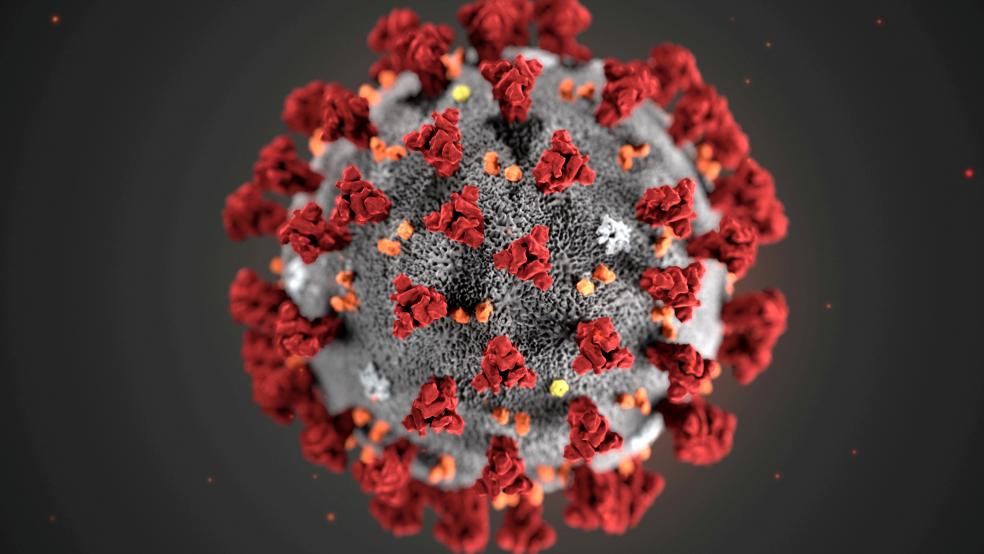If the U.S. economy hits a rough patch in the wake of the coronavirus, policymakers have plenty of tools at their disposal to respond to the slowdown. The Federal Reserve deployed one such tool this week, slashing interest rates by half a percentage point, though the move seemed to backfire in financial markets, signaling fear about how bad the economic damage could get rather than offering reassurance.
One problem is that monetary policy may not be the best tool for the job. Lower interest rates essentially reduce the price of money, but cheaper money won’t spur factory workers to return to work, schools to reopen or worried tourists to start traveling again.
The government has other options, but there are questions about whether it will use them.
What the federal government could do: Policymakers have a broad range of options to stimulate the economy, including fiscal policies that focus on getting money into the hands of the people who will spend it. “They could give cash to employees whose workplaces are shut, provide credit to small businesses and offer rescue packages to industries most affected, like airlines and other tourism-related concerns,” Peter Goodman of The New York Times said Wednesday.
The government could also treat regions affected by an outbreak of the virus like national disaster areas, Claudia Sahm of the Washington Center for Equitable Growth told Politico. That could involve providing cash payments to individuals who have lost their jobs to help them pay their rents, mortgages and car loans.
Why policymakers may hesitate: According to Goodman, a “widespread political aversion to increasing public debt” has made fiscal stimulus less appealing. “The crisis has offered the latest glimpse of an established truth in the world’s largest economies: Public money can frequently be found for tax cuts,” he writes, “but then disappears into a fog of warnings about the dangers of deficits when spending for nearly anything else is discussed.” Worries about the size of the current deficit – already large by historical standards at more than $1 trillion a year – will only strengthen that aversion.
Along the same lines, Politico’s Nancy Cook and Victoria Guida said Wednesday that efforts to boost the economy could collide with the “Republican orthodoxy” that underwrote deep resistance to fiscal stimulus during the last recession. One administration official Cook and Guida spoke to argued that fiscal stimulus is not good policy: “The whole litany of temporary measures to stimulate the economy ... I don’t think it works,” the official said.
Many economists disagree with that orthodoxy. Adam S. Posen, president of the Peterson Institute for International Economics, said that the government should focus on workers affected by the spread of the coronavirus. “If you don’t spend money for people put out of work with no fault of their own when there’s a clear public-health virtue in making it in workers’ interests to stay home and not spread the virus, then everything else by comparison is a complete waste,” Posen told the Times.
Why stimulus may happen in the end: Worried about his reelection prospects, President Trump is reportedly pushing for stimulus now to boost the economy. Earlier this week, the president expressed support for a short-term payroll tax cut, a stimulus policy that policymakers turned to during the last recession, and Treasury Secretary Steven Mnuchin talked about a massive infrastructure plan. Outside the administration, former House Speaker Newt Gingrich is reportedly pitching the idea of a tax credit for companies that bring production facilities back to the U.S. from China.
Other ideas being considered by the White House include guaranteeing paid sick leave for workers or providing money to small businesses to help avoid layoffs, CNN reported, though the administration’s planning reportedly “was still loose and in its early phases.”
As the discussions continue, there will likely be considerable resistance to the use of aggressive fiscal measures, especially before there are clear signs that the economy is in trouble. President Trump met with airline officials Wednesday, and despite United’s announcement that it will be reducing flights in April and suspending new hiring at least through June, Trump pushed back against the idea of providing federal funds to the industry
“Don’t ask that question, please, because they haven’t asked that," Trump responded to a question about a possible airline bailout. "I don’t want you to give them any ideas."




